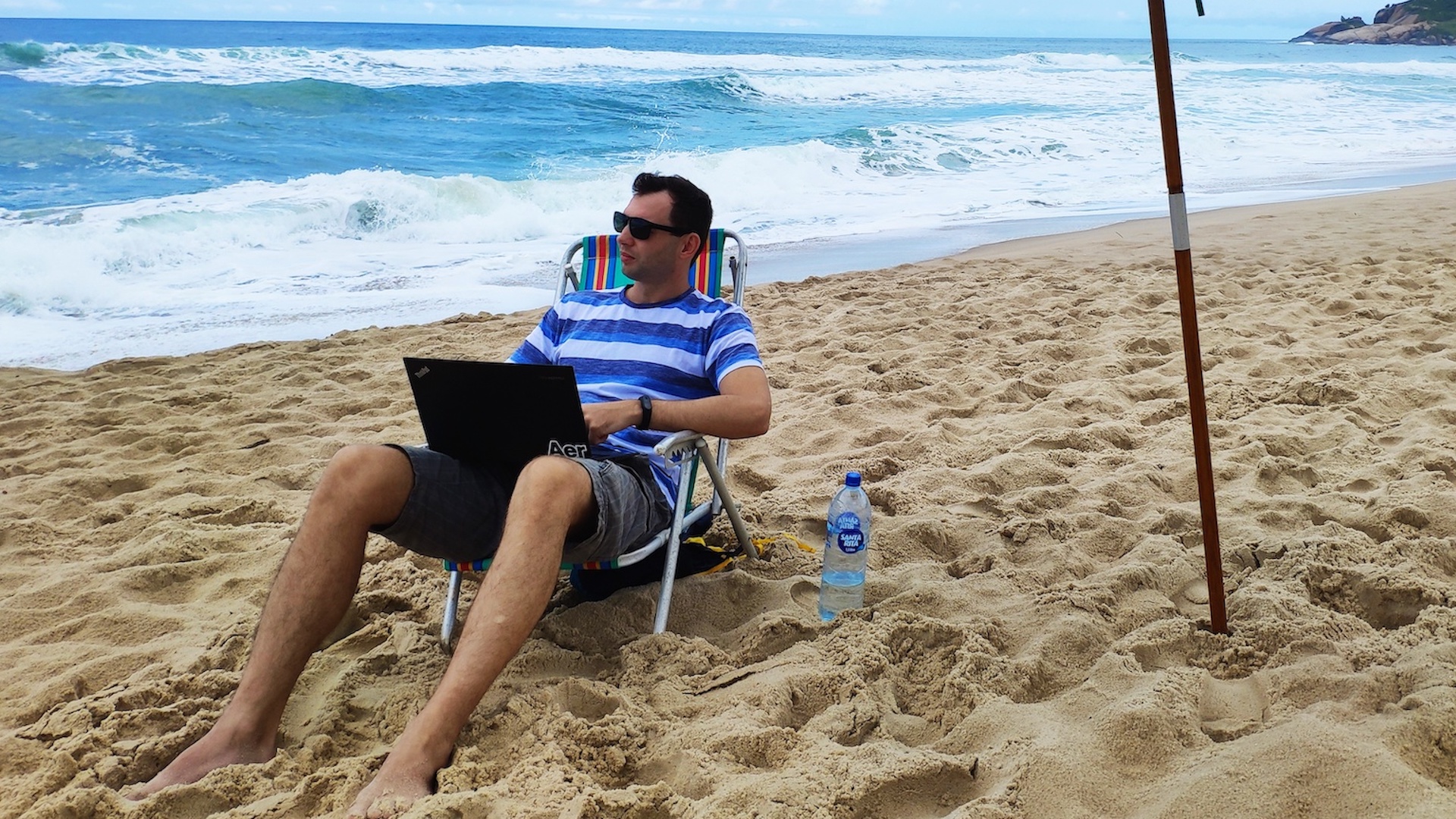Deserts Champs-Élysées and major underground parties in the sights: after a year 2020 under the sign of the Covid, the “31st New Year’s Eve” has been in tune with the curfew, supervised by 100,000 police and gendarmes but in Alsace by the death of a young man.
Lifted for Christmas, the curfew intended to fight the Covid-19 epidemic was in place on Thursday evening, all travel being prohibited between 8 p.m. and 6 a.m., except for professional reasons.
In Strasbourg, the scene of “traditional” urban violence for New Year’s Eve, incidents were less numerous than in previous years with around sixty vehicles burnt, according to a union police source, and some arrests.
“The evening will be uncompromising,” warned the prefect of Grand-Est and Bas-Rhin Josiane Chevalier.
In the village of Boofzheim, about forty kilometers south of Strasbourg, a 25-year-old man had “his head torn off” by a firework mortar, according to the Bas-Rhin prefecture.
In several departments in the north and west of France, the sale and consumption of alcohol on the public highway has been prohibited, sometimes from midday.
Sign of this very special New Year’s Eve, in Paris, the avenue des Champs-Élysées, usually crowded on December 31, was empty, with the exception of rare vehicles or bicycle delivery men, noted an AFP journalist.
At the end of the avenue, at the beginning of the evening, under the trees adorned with red garlands, about twenty police officers stopped drivers to check the derogatory certificates and to verbalize the offenders.
“It’s a special evening”, with “exceptional measures” and few people because “there is no festivity, no particular attraction as in previous years”, summed up the division commissioner Paul-Antoine Tomi on the spot.
To celebrate the transition to 2021, Paris has chosen virtual reality, pushing distancing to the limit: a concert 2.0 by Jean-Michel Jarre was given in the heart of Notre-Dame de Paris cathedral in synthetic images.
– Unauthorized gatherings –
Visiting the Nanterre police station (Hauts-de-Seine) in the early evening, the Minister of the Interior Gérald Darmanin insisted on the instructions given to the prefects “so that the curfew is particularly respected”.
“I have no particular concerns” because “things are going relatively well”, he said, recalling that since the introduction of the curfew on December 15, the police had carried out “more than 560,000 checks” and “30,000 verbalizations”.
Any violation of the curfew is punishable by a fine of € 135, which can reach € 3,750 in the event of a repeat offense.
Earlier this week, Mr. Darmanin asked the prefects to focus on “the fight against unauthorized gatherings and the phenomena of urban violence”.
In total, according to the Ministry of the Interior, 100,000 members of the police will patrol – “against 20,000 for a normal evening” – or as much as last year when hundreds of thousands of people were expected on the Champs only -Elysées.
To limit the possibilities of gathering, the Paris police prefect in particular requested the assistance of the RATP: only half of the 16 metro lines had been operating since 9 p.m., with reduced frequencies and a limited number of stations served.
In Paris and in the rest of the country, police and gendarmes should not go door to door to check that the French are not more than six at the table “and to impose fines if there is a seventh person”, had reassured Thursday morning the Minister for Citizenship at the Ministry of the Interior Marlène Schiappa on France Info.
But “anything that can be a disturbance to public order”, such as large gatherings, can “obviously” be subject to sanctions, she warned.
In Gironde, the police were particularly vigilant in repressing “the organization of clandestine parties or unauthorized gatherings, which present a particularly high risk to public health”, according to the prefecture. And road checks have been tightened in order to “fight against driving under the influence of alcohol or drugs”.
bur-cbo-emd-tll-ali-ha / ahe
– .


